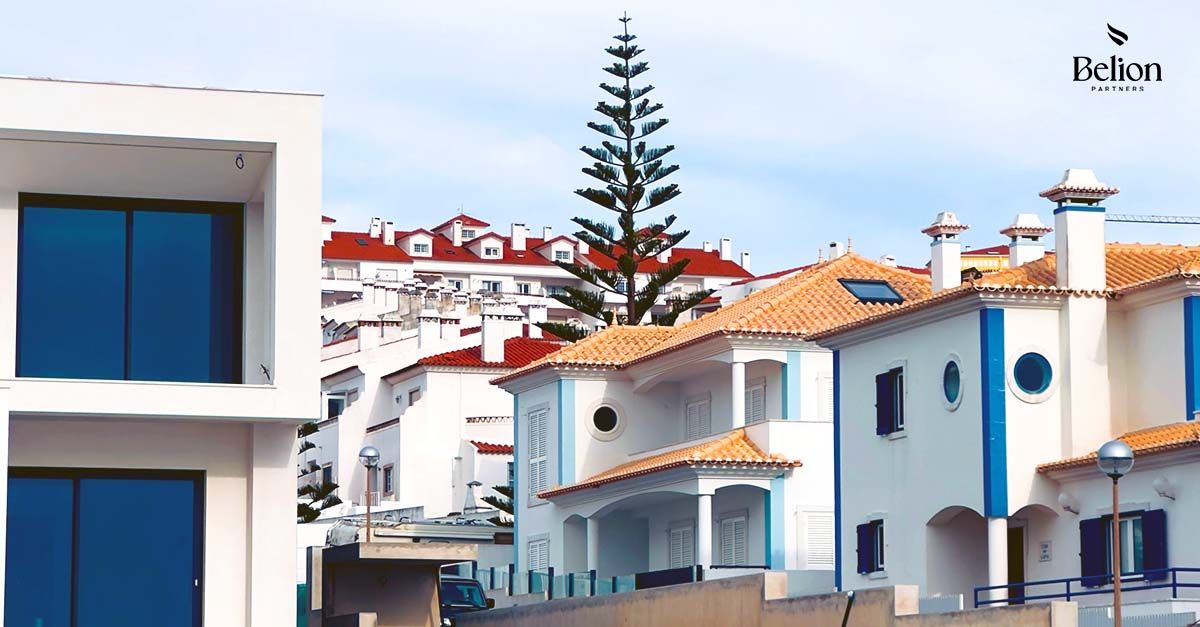Updates on Short-Term Rentals: Enhanced Local Authority Jurisdiction
On the 23rd of October 2024, Decree-Law No. 76/2024 was enacted, establishing regulatory powers over Alojamento Local (AL) properties in Portugal. This decree grants local authorities enhanced control over the allocation, regulation, supervision, and potential intervention in short-term rental units. The decree will come into effect on the 1st of November 2024.
With this new decree-law, municipalities now have the jurisdiction to establish operational procedures, implement containment zones, and promote sustainable growth areas for short-term rentals. Importantly, this law removes the need for unanimous approval in condominium meetings when using an apartment in a residential building for short-term rental purposes, thereby reinforcing local control over AL property use. Until the 1st of November, a unanimous vote is still required for such approvals. Beginning on the 1st of November, approval from two-thirds of the condominium members will replace the previous requirement for unanimous votes.
Starting on the 1st of November 2024, local authorities will hold the authority to oversee local lodging activities within their jurisdictions. This includes the ability to designate “contention zones” and “sustainable growth zones,” either for entire civil parishes or specific areas within them. Contention zones apply to regions currently experiencing oversaturation of AL properties, while sustainable growth zones address areas at risk of such overload. These designations enable the implementation of targeted measures aimed at avoiding potential negative impacts on neighbourhoods and preserving local quality of life.
This new regulation also considers housing demand and environmental impact as key factors. Every three years, authorities will conduct a thorough evaluation, based on comprehensive studies to justify the geographical boundaries of these zones, ensuring decisions are evidence-based and respond to community needs.
In contention zones, local authorities may adopt criteria that restrict new local lodging licenses. Specifically, if a property was leased for residential purposes within the two years preceding an application for a local lodging license, authorities may choose not to issue a license for that property.
This decree-law empowers local authorities to regulate AL activities. For instance, municipalities with over 1,000 registered local accommodation establishments will see their municipal assemblies decide whether to implement specific regulations governing the activity.
To support the implementation of administrative regulation, municipalities may now establish a dedicated role for managing local accommodation oversight. This role will facilitate the municipality’s handling of disputes between residents, property owners, tenants, and other involved parties by assessing complaints, offering recommendations, and promoting best practices for local lodging activities. Municipalities reaching 1,000 registered local accommodations must set this regulatory framework within a 12-month period.
It is essential to understand that Local Lodging (AL) activities may be prohibited if explicitly stated in the apartment building regulations. Furthermore, changes can be made to these regulations to prohibit short-term rentals through a reasoned resolution approved by a majority of the building's residents. The prohibition should be based on documented instances of disruptive behaviour that affect the normal use of the premises and compromise residents' peace. Following this, a formal request must be submitted to the local authority for a decision. If the license is revoked, it will remain in effect for a maximum period of five years.
If the local authority decides not to revoke the local lodging license, it is responsible for facilitating discussions among all parties involved to reach a consensus, aiming to conclude the process through mutual commitments and conditions. The timeline for achieving this resolution is set at 60 days, culminating in a final report outlining proposed solutions and measures to be implemented, or determining the impracticality of reaching an agreement.
This new regulation stipulates that the maximum capacity for Alojamento Local establishments is limited to nine rooms and twenty-seven guests, except for hostels with room-based configurations.
The landscape of Alojamento Local regulations in Portugal is continually evolving. At Belion Partners, we have a comprehensive understanding of the local lodging market and its regulatory framework. If you need assistance with AL property management or licensing, please
contact us. We are committed to helping you navigate your needs effectively.




